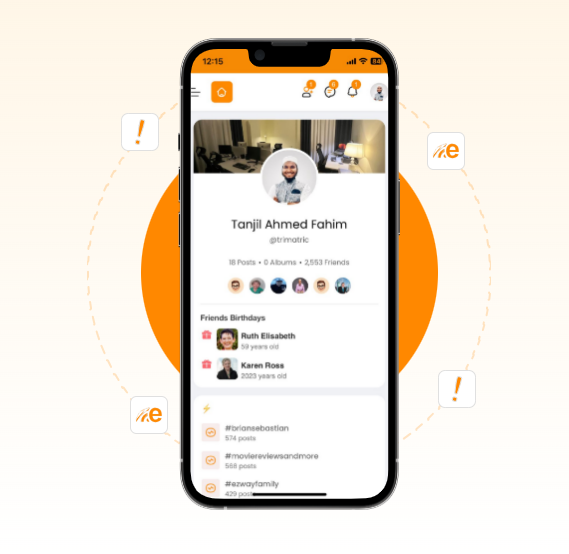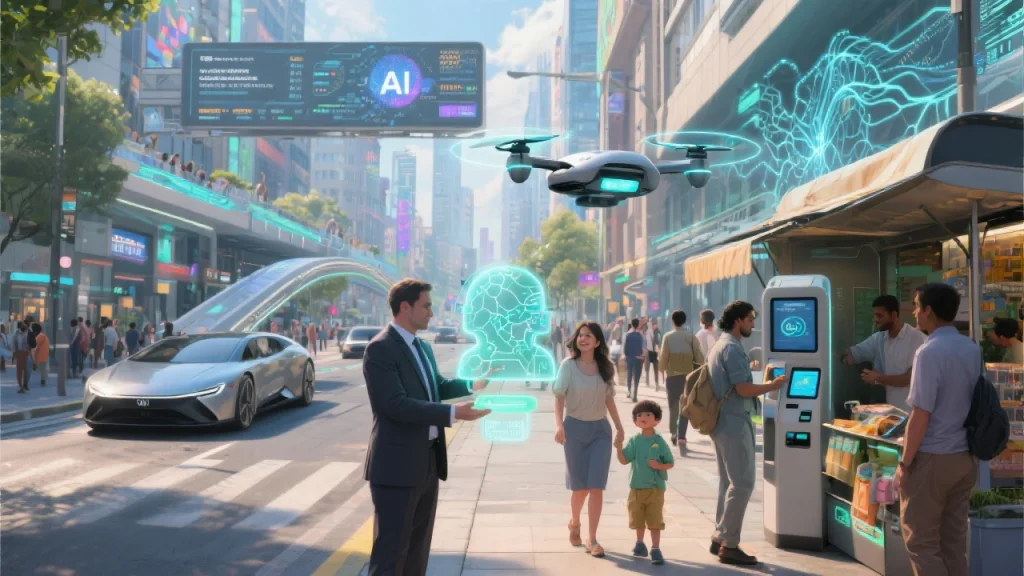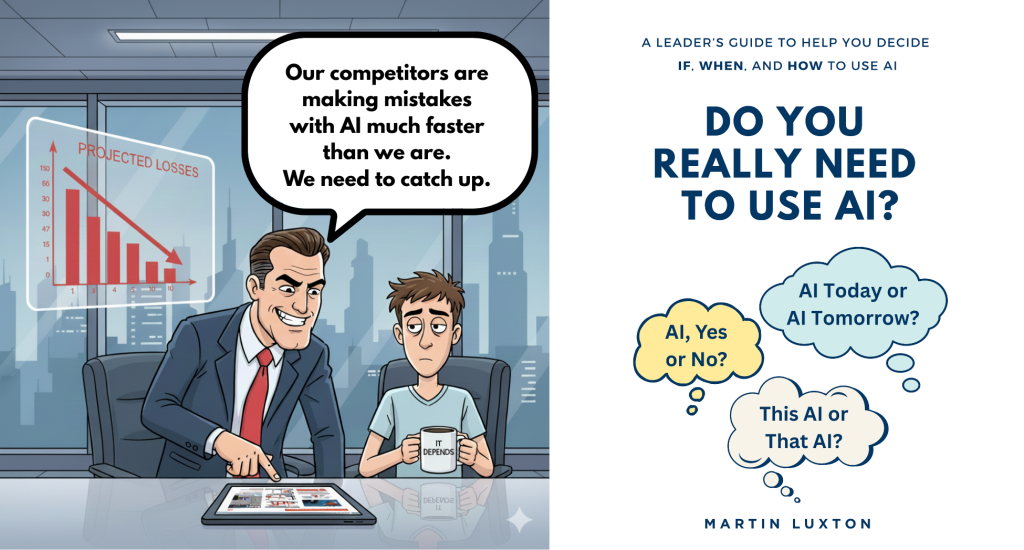Artificial Intelligence (AI) isn’t just a buzzword anymore—it’s a real force that’s changing the way we live, work, and connect with each other. Whether you realize it or not, AI is already woven into the fabric of our daily lives, from the way we get medical care to how we shop online or even listen to music. In this article, let’s take a closer look at how AI is impacting our world right now, what the future might hold, and some of the big questions we need to ask as this technology keeps evolving.

What Exactly Is AI?
Let’s start with the basics. AI is all about building computer systems that can do things we usually associate with human intelligence—like learning, solving problems, and making decisions. You might have heard of terms like Machine Learning (ML) and Deep Learning (DL); these are just ways that computers can “learn” from data and get better at tasks over time. Thanks to rapid advances in these technologies, we’re seeing both amazing opportunities and some real challenges that will shape our future.
How AI Is Changing Key Industries
AI isn’t just for tech companies—it’s making waves in all sorts of fields. In healthcare, for example, AI can help doctors diagnose diseases faster and more accurately, discover new drugs, and even personalize treatments for individual patients. Imagine an AI system that can spot early signs of cancer in a scan, or predict which patients might need extra care.
In transportation, self-driving cars and smart traffic systems are being developed to make our roads safer and less congested. Over in finance, AI is helping to spot fraud, make smarter investments, and even offer personalized banking advice. And in manufacturing, robots powered by AI are making factories more efficient, predicting when machines need maintenance, and ensuring products meet high standards.
What About Jobs and the Future of Work?

One of the biggest questions people have about AI is: “Will it take my job?” The truth is, AI will automate some tasks, but it will also create new kinds of jobs—some of which we can’t even imagine yet. For example, while AI might handle routine customer service questions, there will be a growing need for people who can build, manage, and improve these systems. The key will be helping workers learn new skills so they can thrive alongside AI, not be replaced by it.
The Ethics of AI: What Should We Watch Out For?
As AI becomes more common, we need to think carefully about how it’s used. AI systems can sometimes reflect or even amplify biases in the data they’re trained on, which can lead to unfair outcomes. Privacy is another big concern—how do we keep our personal data safe when AI systems rely on so much information? And then there’s the risk of AI being used in harmful ways, like autonomous weapons. To make sure AI is a force for good, we need transparency, accountability, and clear rules about how it’s developed and used.
Looking Ahead: The Big Picture
Looking to the future, AI has the potential to help us tackle some of the world’s toughest problems—think climate change, poverty, and disease. There’s even talk of Artificial General Intelligence (AGI), which would be AI that can do anything a human can. That could be revolutionary, but it also comes with risks, like the possibility of AI systems acting in ways we can’t control or that don’t align with our values. The idea of the “singularity”—when AI surpasses human intelligence—is still up for debate, but it’s a conversation worth having.
Wrapping Up

AI is set to transform almost every part of our lives, bringing both exciting opportunities and serious challenges. As we move forward, it’s crucial that we develop and use AI responsibly, making sure its benefits are shared widely and its risks are managed. By working together, we can harness AI’s power to build a brighter future for everyone.
What Can We Do? Some Recommendations
- Invest in AI education and research: We need to train the next generation of AI experts and keep pushing the boundaries of what’s possible.
- Prioritize transparency and accountability: AI systems should be understandable and their decisions explainable.
- Address bias and fairness: We must design AI to be as fair and unbiased as possible, and keep checking for problems.
- Ensure data privacy and security: Protecting people’s data is non-negotiable.
- Foster international cooperation: Countries and companies should work together to set global standards and make sure AI benefits everyone.
If we keep these priorities in mind, we can make sure AI is a tool for good—one that helps us solve problems, improve lives, and create a future we can all look forward to.

































